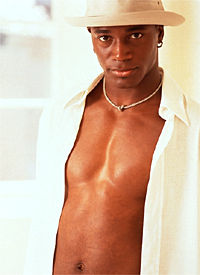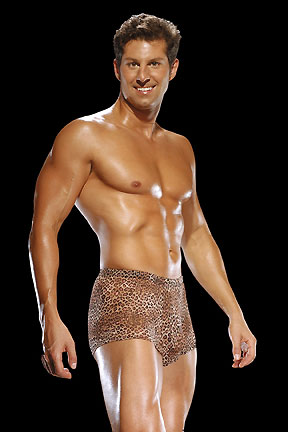In my research paper I will be examing the relationship between McDonald’s advertising and children. There are lots of arugments that claim that McDonald’s is attacking the children and in essence brainwashing them at a very early age. These people feel that children should be entitled to an ad free childhood free of outside influences they view as negative. I think it will be very interesting. People are claiming that when McDonald’s supports a school program with something such as a donation they are actually sneakily doing a very strong form of advertising. Children are the most suceptible to outside influences and don’t know when something is good and bad for them. They look at things very simply and McDonald’s advertising is simple and to the point. They promote a fun and entertaining atmosphere.
I have found some websites of companies that have been partners with McDonald’s to create ad campaigns. They talk about the progression of McDonald’s advertising through the years and the roles they have played in creating slogans and having that mass appeal McDonald’s is famous for. I can use these sites to see the other side of the argument and how their main goal is to show their product in a positive light that is attractive to potential customers. That they don’t focus on children, but the whole population.
Another site, from the other side, is an interview with Sue Dibb. She is the writer of a book called “Children: Advertisers’ Dream. Nutrition Nightmare? The Case for More Responsibility in Food Advertising (National Food Alliance) 1993” and this interview is about how McDonald’s exploits children with their advertising. She has done lots of research and is at the forefront of this campaign against McDonald’s.
I still need to get more sources of different types with different views and opinions. I need to form a more structured thesis and really get my sides separated and ready to form an argument. Is there any format or other criteria or is this basically it? Form a thesis and do it? If so that’s fine but if there’s more I don’t want to go too far and have to backtrack.

